
This blog post was written by our C4DT Digital Trust Policy Fellow, Leonila Guglya. The opinions expressed in this publication are those of the author. They do not purport to reflect the opinions or views of C4DT or EPFL. On 18 June 2023, the citizens of the canton of Geneva in Switzerland voted for the (…)

Congratulations to C4DT associated professor Touradj Ebrahimi for being elected as a Fellow of the Asia-Pacific Artificial
Intelligence Association thanks to his pioneering activities at the intersection between #AI and Trust.
AAIA gathers top scientists in different disciplines that can be combined with AI, AI related institutions, and entrepreneurs that have AI applications to drive innovation, development and application of AI.
Prof. Ebrahimi is an Adjunct Professor and is the Head of the Multimedia Signal Processing Group at EPFL. He is also the founder of RayShaper SA, a high-tech start-up company in the field of AI-powered computational vision.

Thomas, Pradip Ninan (2023). Platform Regulation. Exemplars, Approaches and Solutions. Anti-trust, The Right to be Forgotten, GDPR, Privacy, The Equalisation Levy, Digital Platforms Report. Oxford: Oxford University Press, 123 pages. By Matthias Finger Digitalization is such a multifaceted and such a pervasive phenomenon that only a cross-disciplinary approach and culturally diverse perspectives will ultimately help (…)
The C4DT Factory team selected some Privacy Enhancing Technology (PET) links for you. They are all related to digital trust: security, privacy, trust in general, we have you covered!
May 31st, 2023, InterContinental Hotel Geneva and online Building Trust in Digital Identities – Leveraging the Power of Technology, Policy, and Digital Cooperation Description More and more governments around the world are implementing or exploring the implementation of digital identity (e-ID) solutions, while regional organizations such as the European Union and African Union actively work (…)
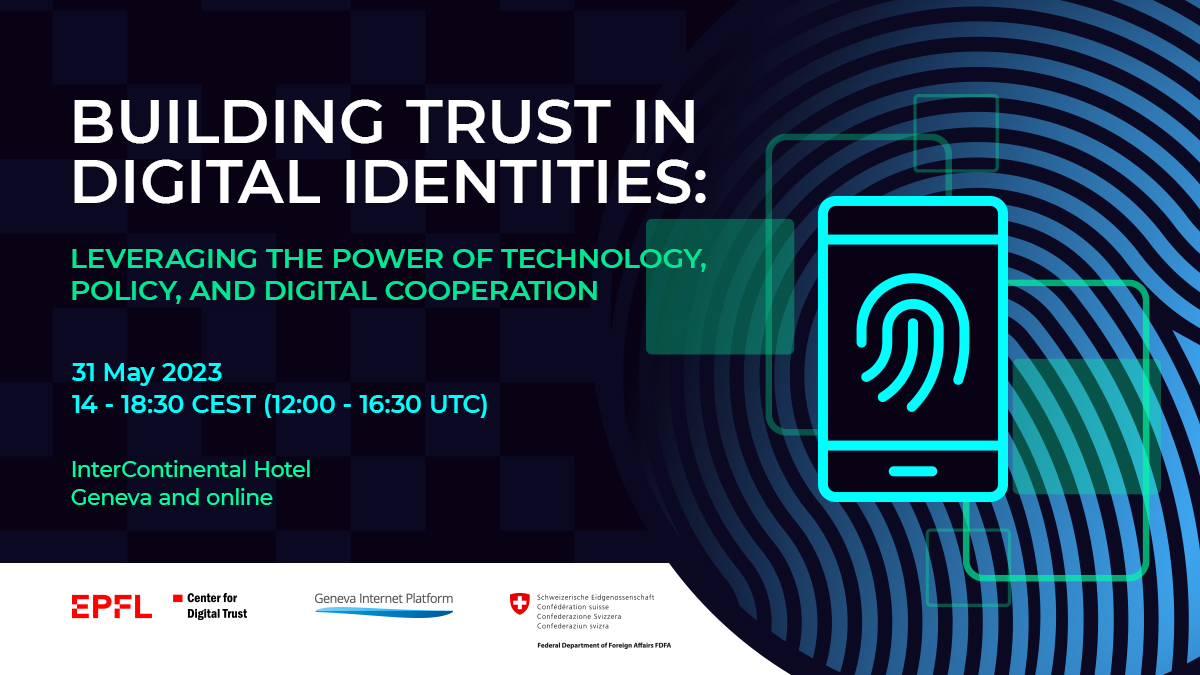
Governments worldwide are implementing or seeking to implement digital identity (e-ID) solutions to enable economic inclusion, facilitate access to public services, and validate credentials in e-commerce. In developing countries they may also further the UN concept of ‘identity for all’ and support sustainable development goals. However, the safety, trustworthiness, and interoperability of national e-IDs have generated a number of crucial questions.
This event brings together stakeholders from Europe, Switzerland, Africa and the International Community to discuss the latest technological developments, explore ways to foster public trust, and promote viable and trustworthy e-ID solutions through multilateral and multi-stakeholder dialogue and cooperation.
Coverage? Testing is one of the most important step of code validation. One would argue that an untested code is akin to a rogue program destroying what it can in its way. But what tests the testing? How do you know that your testing infrastructure is indeed simulating most behaviors of your code? Here comes (…)
vs. Today we looked at the following article, which compares Rust and Haskell: https://serokell.io/blog/rust-vs-haskell Even though I did some dabbling in Haskell, I never understood how close the two are. Currently I think I’m quite proficient in Rust, so I can follow the article quite well on that side. While the basic concepts seem (…)
November 5th, 2021, Swiss Tech Convention Center, EPFL Distributed Ledger Technology has the potential to reshape the traditional financial system. An example is decentralized finance, which allows people to combine open-source building blocks into sophisticated financial products utilizing DLT. Central banks, as another example, face growing competition from private actors offering their own digital alternative (…)

C4DT and the UC Berkeley Center for Long-Term Cybersecurity jointly host a panel at this year’s CPDP conference in Brussels on “How to make privacy more user-friendly for the long-term?” (24 May, 11h45).
Already today privacy, data security and transparency are at peril. Now, imagine these challenges on steroids by 2030 as AI evolves, new technologies and actors emerge. This discussion at the intersection of people, policy and technology will engage participants in long-term thinking to help make privacy lastingly more user-friendly, and explore how latest technology progress and new governance models can help to achieve this goal.
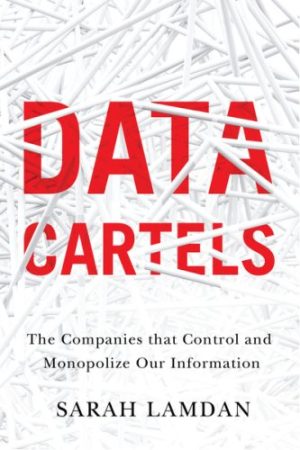
Lamdan, Sarah (2023). Data Cartels. The Companies That Control and Monopolize our Information. Stanford: Stanford University Press, 203 pages. By Matthias Finger This extremely well documented and researched book introduces the reader to some novel areas of platformization, namely the platformization of actors that manage information, knowledge and intelligence. The author, a law professor, shares her unique (…)

On Tuesday, 14 March 2023, a documentary by Dorothé Dörholt, entitled “Algorithmes – vers un monde manipulé” (sub-titles in English), will be shown at the EPFL in conference room SV 1717. Its projection is part of the 21st International Film Festival and Forum on Human Rights (FIFDH), held from 10-19 March 2023. C4DT’s Executive Director, Dr. Olivier Crochat, will participate in the post-projection panel discussion.
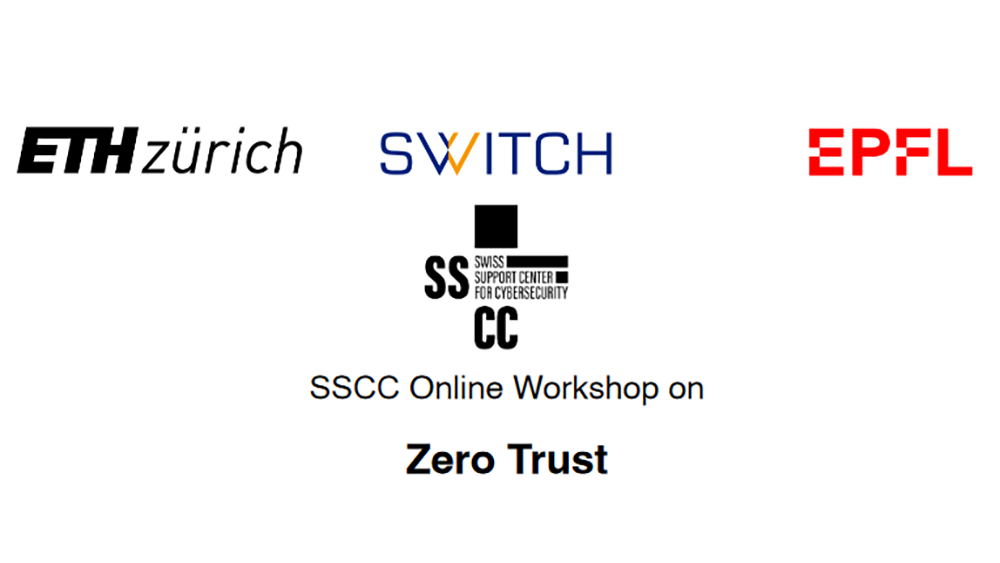
This online workshop is co-organized by the Swiss Support Center for Cybersecurity (SSCC) and the SWITCH Foundation (SWITCH), in collaboration with the Center for Digital Trust (C4DT) at EPFL and the Zurich Information Security Center (ZISC) at ETHZ.
Its goal is to shed light on different aspects of “Zero Trust”. Our speakers cover a wide range of expertise and present their views on and experience with “Zero Trust”. As it has been the case in previous workshops, we hope that the format allows for interesting interactions with the audience.
FPGAs are essential components in many computing systems. With conventional CPUs, FPGAs are deployed in various critical systems, such as wireless base stations, satellites, radars, electronic warfare platforms, and data centers. Both FPGAs and CPUs have security vulnerabilities; integrating them together presents new attack opportunities on both sides. In this project, we investigate the attacks made possible by closely integrating FPGAs with CPUs in heterogeneous computing platforms.
March 30th, 2023, Swiss Tech Convention Center, EPFL The past two years saw a new vulnerability make headlines: software supply chains. Events such as the SolarWinds and Kaseya cyberattacks or the discovery of the Log4j vulnerability forced organizations to reevaluate their cyber risk exposure. This one-day conference provides a platform for academia, government, business, NGOs (…)
April 26th, 2023, Starling Hotel, EPFL Decentralized Finance (DeFi) started out with the promise to disrupt the financial industry by removing third parties and centralized institutions from financial transactions and hence allowing consumers direct access to capital and financial services. Until now, however, DeFi’s disruptive forces have not manifested themselves purely favorably. In 2022 crypto (…)
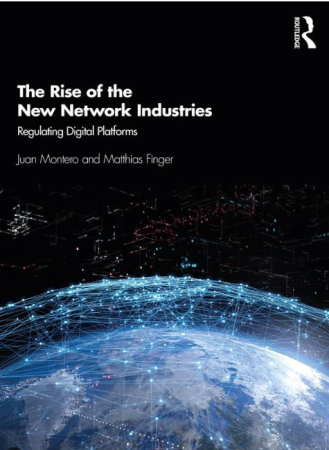
Montero, Juan and Matthias Finger (2021). The Rise of the New Network Industries: Regulating Digital Platforms. New York & London: Routledge, 292 pages. By Melanie Kolbe-Guyot “The Rise of the New Network Industries – Regulating Digital Platforms” (2021), by Juan Montero and Matthias Finger, is an excellent resource on the rise and inner workings of digital platforms (…)
![[FR] Intelligence artificielle : le grand remplacement ?](https://c4dt.epfl.ch/wp-content/uploads/2023/02/jaggi.png)
Le service d’intelligence artificielle ChatGPT fascine la planète. Et pour cause : posez-lui la question que vous voulez et la machine vous répondra suffisamment bien pour passer un examen universitaire à votre place, rédiger vos mails ou même, c’est pour bientôt, assurer votre défense devant un tribunal. Quel bouleversement pour l’école et l’apprentissage ? L’intelligence artificielle peut-elle (…)
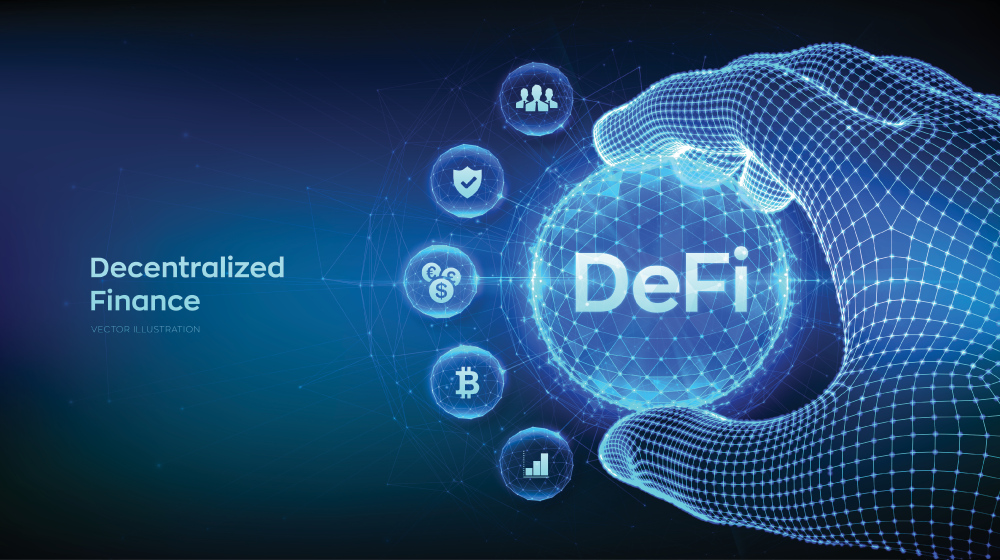
For this year’s edition of the Finance & Technology Conference the Swiss Finance Institute (sfi) and the Center for Digital Trust (C4DT), EPFL are teaming up again to focus on Decentralized Finance (DeFi). The conference will be held on Thursday 26th of April at the Starling Hotel @ EPFL, Switzerland.
For more information and the agenda please click here.

Gain in-depth understanding of the digital ecosystem, cybersecurity and digital trust, and interface with internal and external ICT stakeholders.
During the month of December, Advent of Code passes out a new puzzle every day. The daily challenges are a fun way to learn new algorithms and getting to know new ways of programming. In our software engineering team we followed along at least the first half of the programming challenges and enjoyed discussing the solutions (…)

The past two years saw a new vulnerability make headlines: software supply chains. Events such as the SolarWinds and Kaseya cyberattacks or the discovery of the Log4j vulnerability forced organizations to reevaluate their cyber risk exposure.
This one-day conference provides a platform for academia, government, business, NGOs and standard-setting bodies to shed light on software supply chain risks, outline persisting challenges, and discuss mitigation tactics, solutions, and best practices as well as emerging frameworks and standardization initiatives.
For more information click here.
November 5th, 2021, Swiss Tech Convention Center, EPFL Distributed Ledger Technology has the potential to reshape the traditional financial system. An example is decentralized finance, which allows people to combine open-source building blocks into sophisticated financial products utilizing DLT. Central banks, as another example, face growing competition from private actors offering their own digital alternative (…)
February 7-11th, 2022, online Artificial Intelligence holds great promise for the economy and society. It has also led to the explosion of new ethical challenges, such as biased decision making, filter bubbles, data protection, face recognition, deep fakes and cyber security. During this week we aim to create awareness of the ethical and privacy dilemmas (…)









![[FR] Intelligence artificielle : le grand remplacement ?](https://c4dt.epfl.ch/wp-content/uploads/2023/02/jaggi.png)


